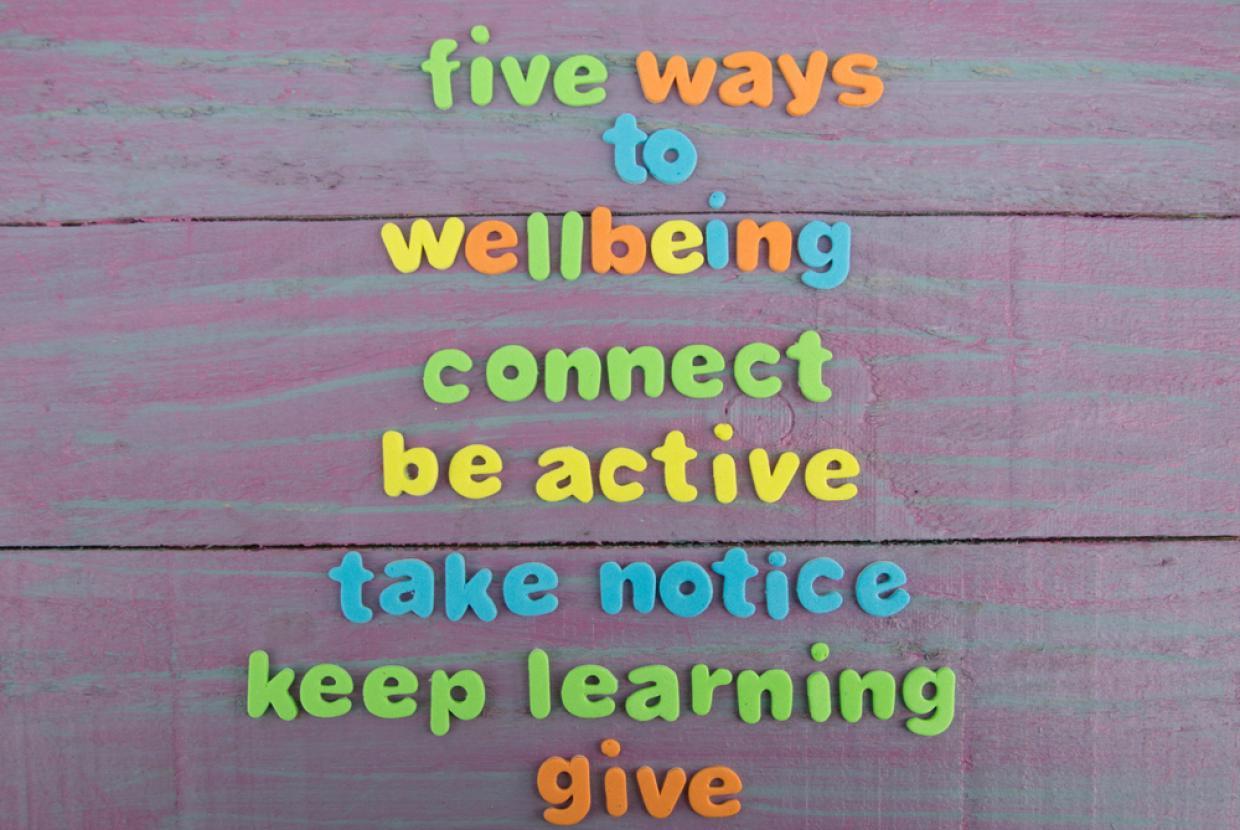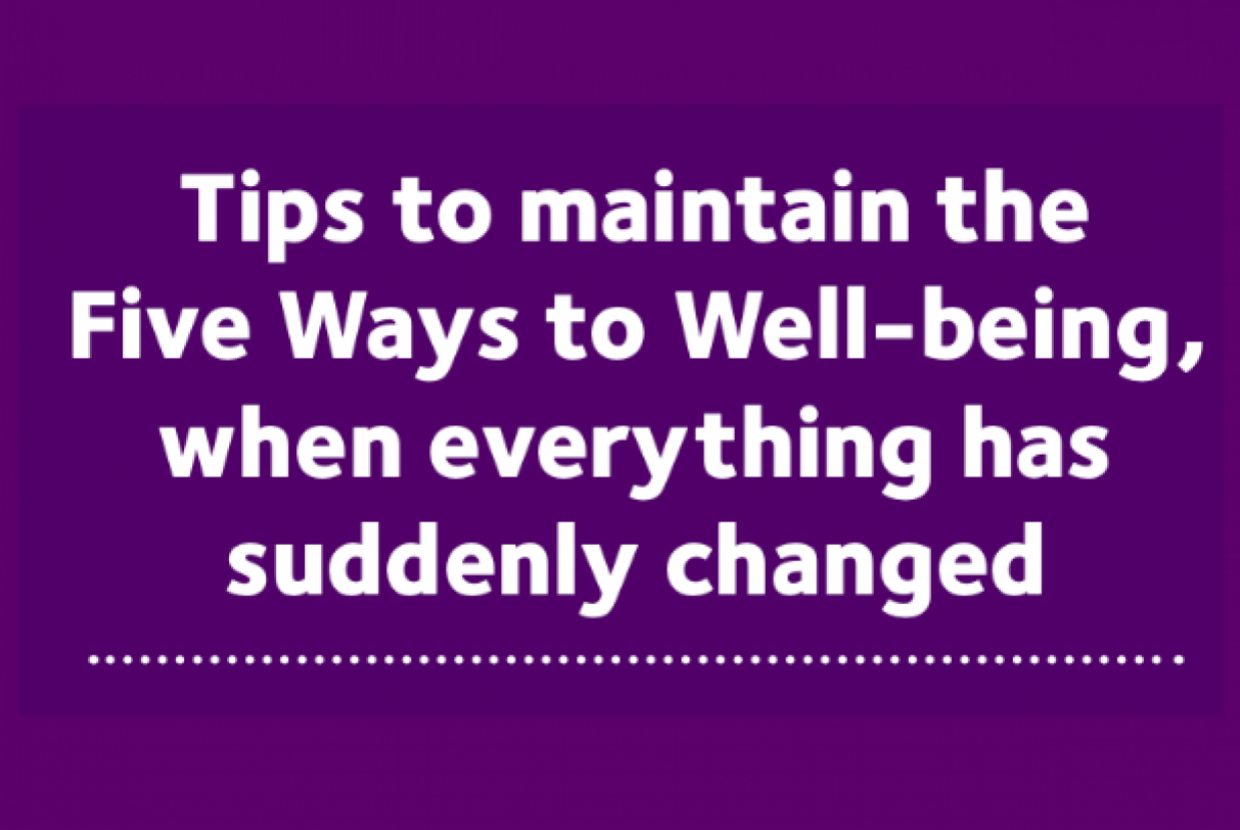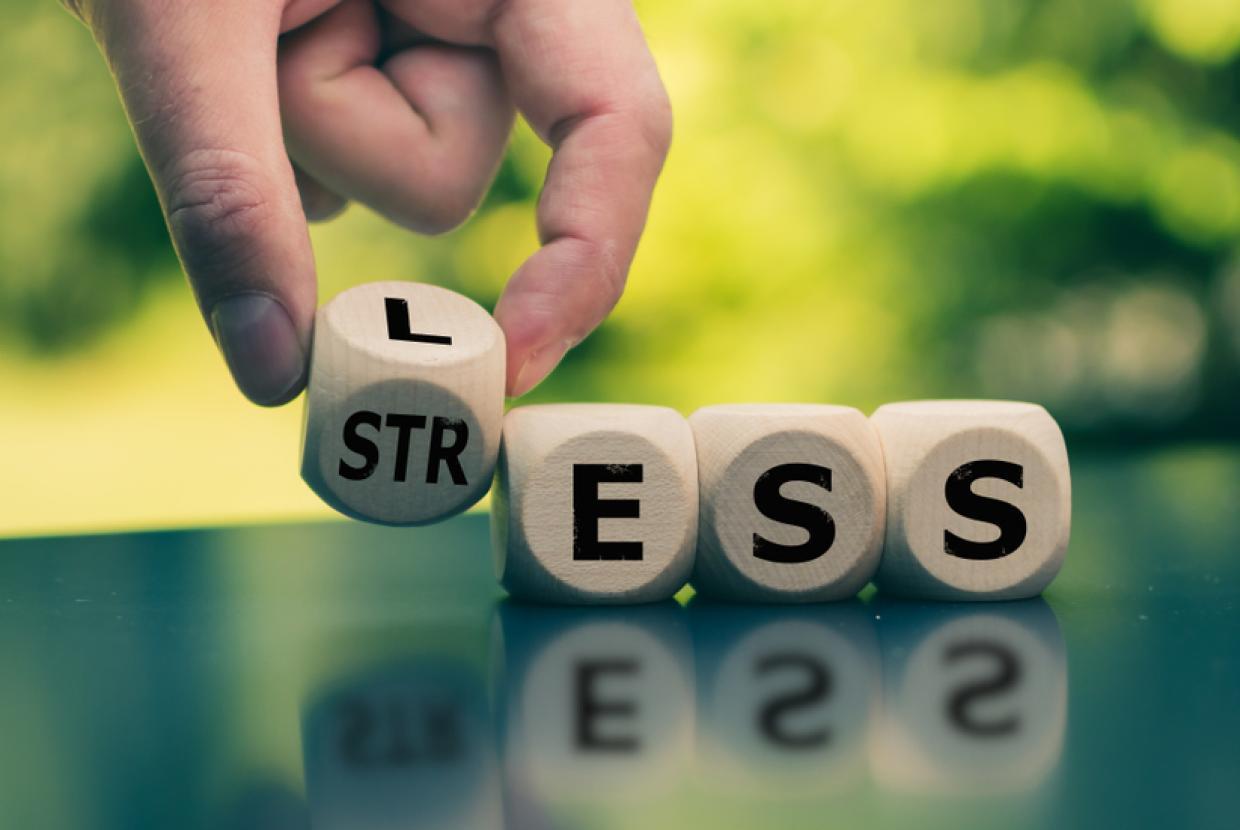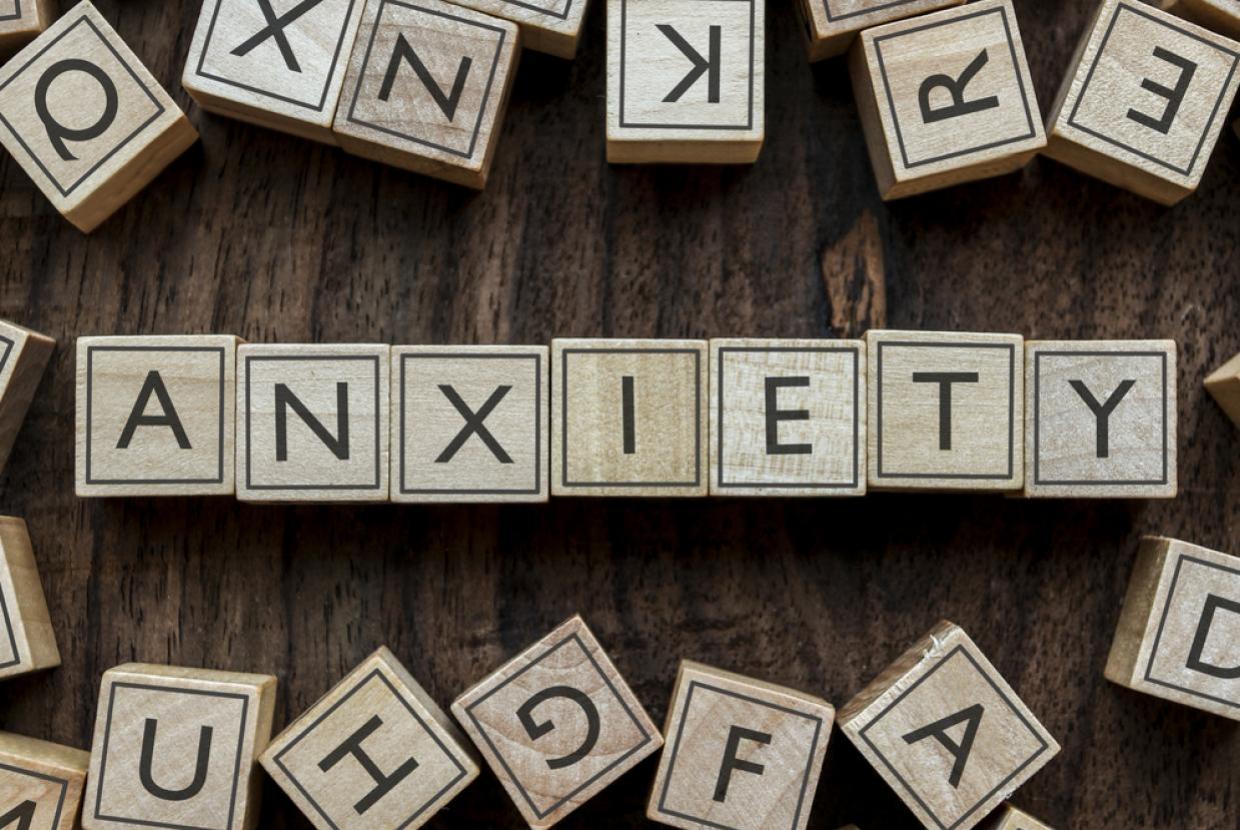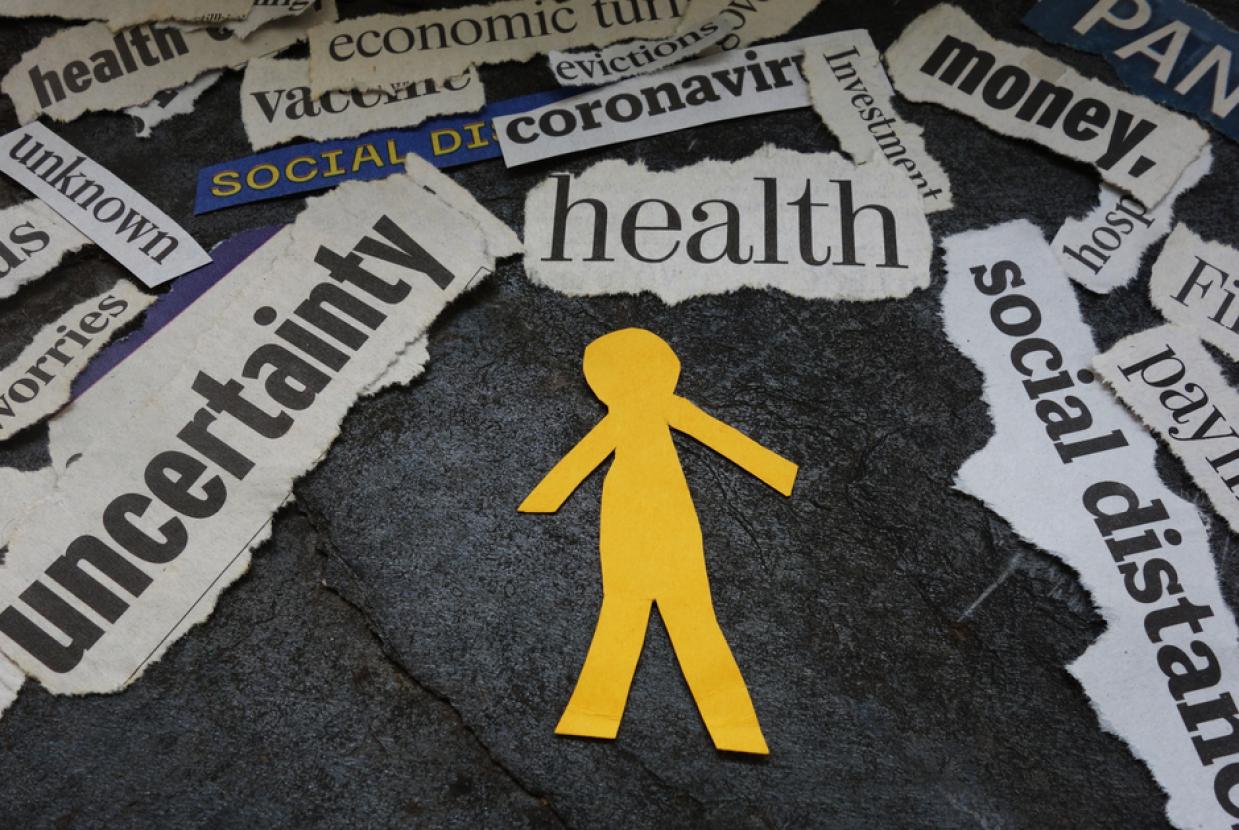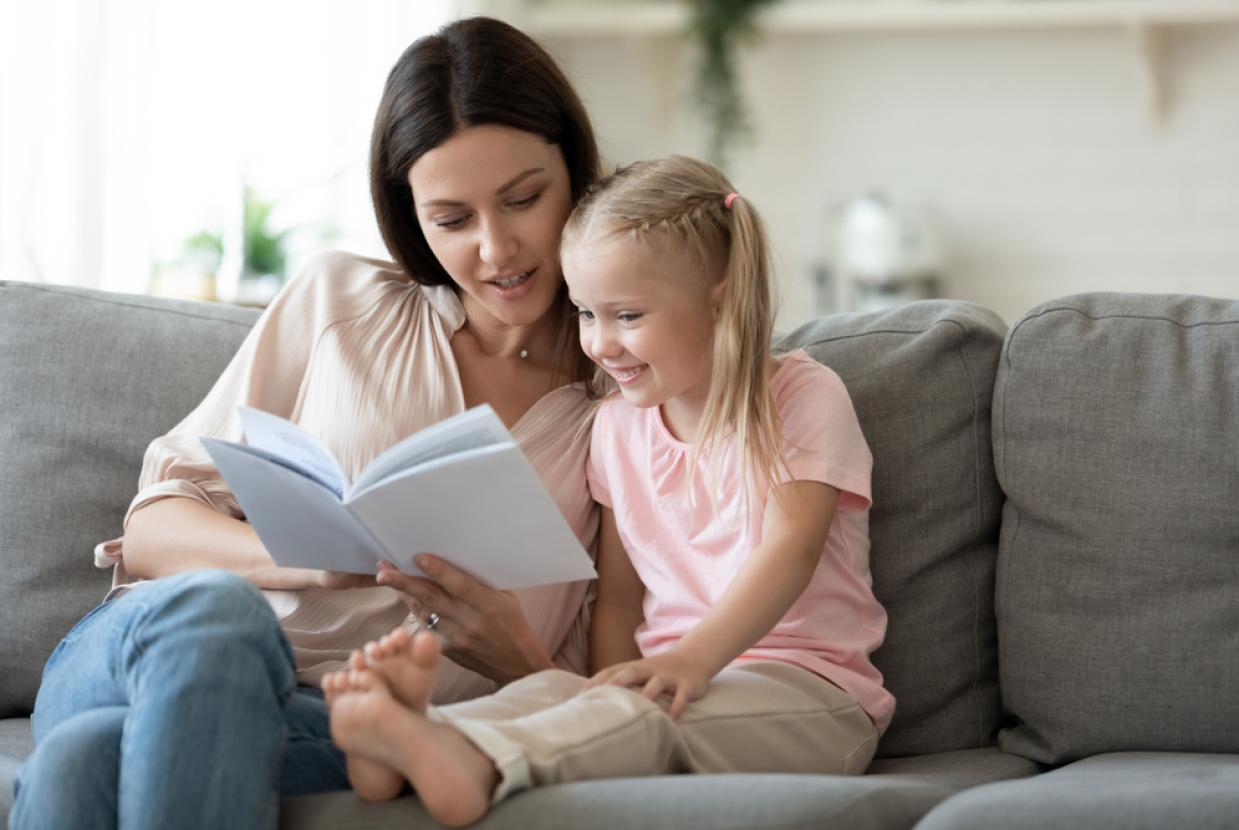Talking To Children & Young People
This can be a very difficult time for young people who are worried about what they are seeing online and hearing from friends regarding coronavirus (Covid-19). With the recent closure of schools, they may also be feeling a loss of connection with friends and classmates. During this time young people will be looking to the trusted adults in their life for information and support.
It’s good to be open and honest about what is going on in the world. You don’t have all the answers but sharing what you do know and engaging in conversation around that will help reduce fear and prevent young people from feeling alone and isolated.
A good way to start these conversations is to ask them what they know about the situation, what they are hearing online, through social media and from their friends. Then ask what questions they may have; you can then respond based on that.
It is also a good idea to sense check where they are getting the information from, are they from reputable sources such as Government websites? There are some useful news and information available for a younger audience on BBC Newsround and Unicef.
Social media is an important outlet for young people and will be the source of most of their information and where they can connect with other young people. It is important however to remind them that they should limit the amount of information they are accessing as it can be overwhelming. Explain that due to people’s worries they might quickly share information that isn’t accurate or helpful and that they can choose to limit what information they see and how often they see it.
Opening up these conversations can be challenging, particularly during these times of uncertainty. Please remember that you do not need to know all the answers and it’s important to be looking after yourself also during this time. Now, more than ever, young people will be modelling you and looking to you for support.
- Be open, but don’t prompt: it is likely they will have been hearing information from their friends, on-line and through a range of social media avenues, so be open. Don’t be afraid to discuss what’s happening and normalize the conversation by saying it’s ok to feel worried and anxious. Encourage open discussion but try not to prompt questions or volunteer too much information. This might make them worry unnecessarily.
- Try to be aware of your own anxieties: this is a worrying time for adults as well as for young people, try and open the conversation or answer their questions at a time when you are feeling less anxious is lower, for example after watching a movie together you are more likely to feel relaxed and present, compared to just having come back from a shopping trip at the supermarket, when you are likely to feel uncomfortable or distracted.
- Listen and empathise: empathy helps young people connect and requires you to try and understand how they are feeling and listen to their point of view. Sometimes, it can be more helpful than giving advice. Ask them to tell you what they already know about what is happening and what bits are concerning them.
- Be transparent: make your responses age-appropriate and don’t be afraid to say you don’t have all the answers.
- They have a role to play: They are playing their part by keeping their family, friends and the families of their friends safe by following the rules about staying indoors, washing their hands and not meeting in person. They can also be a huge support to their friends’ mental health by contacting them remotely and checking in that they are ok or playing a game online. For younger people, think of ways you can show them what their friends are doing during their day.
- Reassure them that it is unlikely that they will get seriously ill, and if they do get sick, you will look after them. Also, reassure them that other family members such as grandparents are ok and encourage the use of video calling as a way of staying in touch with family and friends or writing letters and cards to family members who are less familiar with technology.
- Structure: stick to as many routines as possible. Plans and structure within the day may help things feel more normal. Also, accept that some things may not go to plan and that you will be learning and growing together during this time.
- Activities: join in positive activities with them such as reading, cooking, playing etc. This will reassure them and help reduce any anxiety. Having open conversations with young people is best done during more relaxed times, pick your time to speak and allow them to open up.
- Finish conversations with care: Ensure they know that they can talk to you or a teacher, or other adults in their family about what’s worrying them.




